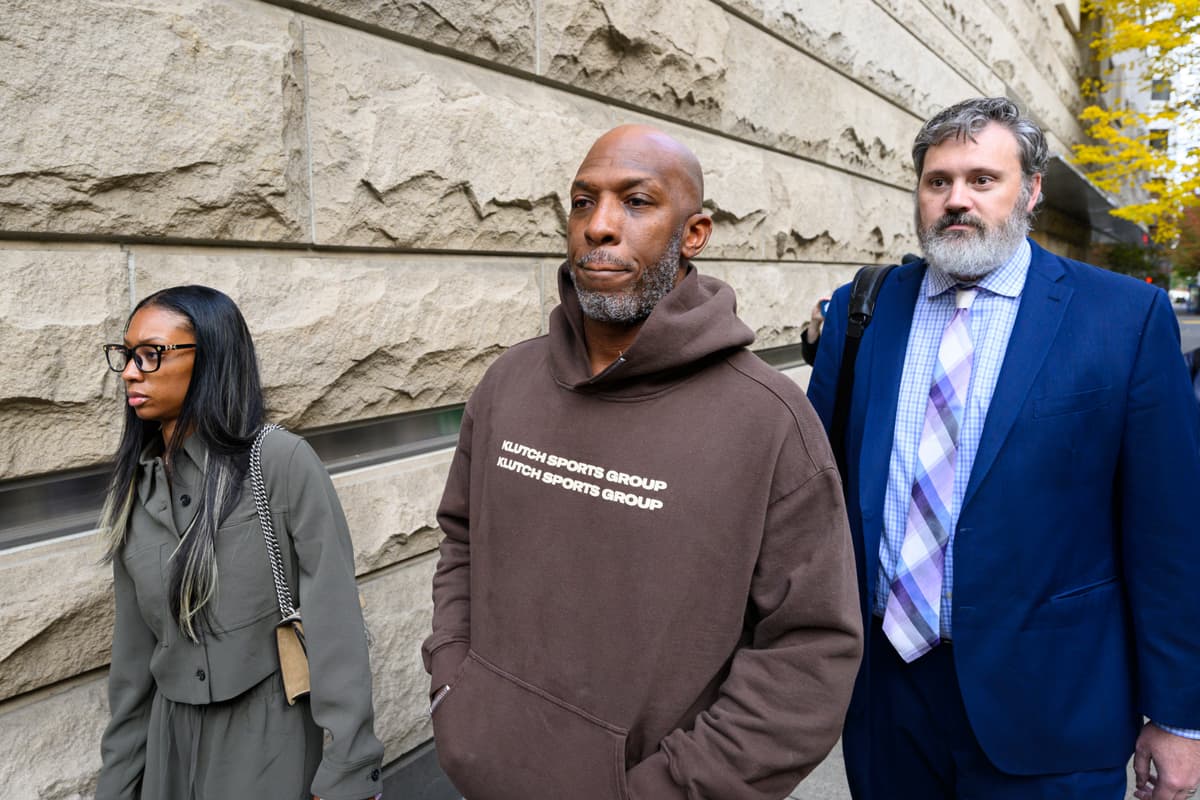NBA Gambling Scandal Is ‘Tip of the Iceberg’: Exposes Weak Rules, Giant Loopholes for Betting on Individual Athletes’ Performances
With mafia ties, wire fraud, and insider tips, the NBA’s latest betting crisis evokes those of Boston College and Tim Donaghy.

Only an idiot would say it can’t happen again.
So said a former Manhattan College basketball coach, Ken Norton, whose 1951 team was rocked by disclosures that one of its players was purposefully shaving points on behalf of mob-connected gamblers. Subsequent investigations uncovered a far-reaching point-shaving conspiracy that ensnared 32 players from seven different basketball programs — including City College of New York, NYU, and the University of Kentucky — all of whom were paid by mob-connected gamblers to fix games.
”All the elements are still there — the betting, the gamblers, the bait and the temptation. We’ve got to keep people aware of what happened,” Norton said of the scandal’s legacy. “We can’t let them forget.”
In time, Norton’s fears would manifest themselves in a series of basketball gambling scandals, each one more sensational than the last: the 1978-79 Boston College point-shaving scandal, the 1985 Tulane University cocaine-and-cash scheme, and the 2007 disclosure that NBA referee Tim Donaghy bet on games with, and supplied inside information to, the mafia.
Now comes the latest scandal: two federal investigations that uncovered a sophisticated sports gambling conspiracy involving a coach, an NBA player, and more than 30 other suspects, some with ties to La Cosa Nostra organized crime families.
A Miami Heat player, Terry Rozier, arrested Thursday for conspiracy to commit wire fraud and money laundering, is accused of informing a childhood friend in advance that he would be exiting a game with an injury. That friend, De’Niro Laster, then sold the information to two gamblers, who placed more than $250,000 in prop bets —wagers on individual players’ statistics rather than the outcome of a game — on Mr. Rozier’s “unders.”
A former NBA player, Damon Jones, working as an unofficial assistant coach for the Los Angeles Lakers between 2023 and 2024, is accused of texting people that star player Lebron James, who was not on the injury list, was out for a game.
“Get a big bet on Milwaukee tonight before the information is out!” Mr. Jones said in a text, according to the indictment.
As Norton predicted, news of today’s crimes had all of the elements of a token sports gambling tragedy: the betting, the gamblers, the bait, the temptation — and now, the prop betting.
“Prop betting is a game changer,” a former chief of the Organized Crime Strike Force for the Eastern District of New York, Edward A. McDonald, tells the Sun.
“A guy who’s making $40 million a year, if you give him an opportunity to make another $100,000, there’s a good chance that some people are going to take the $100,000,” Mr. McDonald, who led the Department of Justice’s case against the Boston College conspirators, adds.
Two days before the indictments were announced, the NBA commissioner, Adam Silver, called for tighter regulation of prop bets, including restricting the league’s sportsbook partners from offering props on two-way players, or players who shuttle between the G-League and the NBA. In 2024, a former Toronto Raptor, Jontay Porter, was banned from the NBA for manipulating his in-game performance as part of a gambling scheme.
Speaking with Chris Cuomo on NewsNation Thursday, Mr. Donaghy warned that today’s charges are just the “tip of the iceberg in many different ways.”
“I think you’re going to see maybe more of a bigger scandal coming out of the college level,” he said. “You have these young athletes that aren’t going to make it to the next level, and somebody’s going to offer them money to maybe fix a game.”
How the NBA and NCAA can protect the sanctity of the game from the temptation of capitalizing on a sports gambling industry that’s worth more than $100 billion is unclear. Despite convictions in the Boston College case, including player Rick Kuhn, Mr. McDonald says the NCAA swept the scandal under the rug instead of working to prevent the problem from happening again.
“The NCAA did absolutely nothing, as far as I know, to do anything that inhibited people from shaving points or preventing gangs from doing things that would corrupt ball players,” Mr. McDonald says.
“It’s always going to be a possibility, as long as people have larceny in their hearts.”

